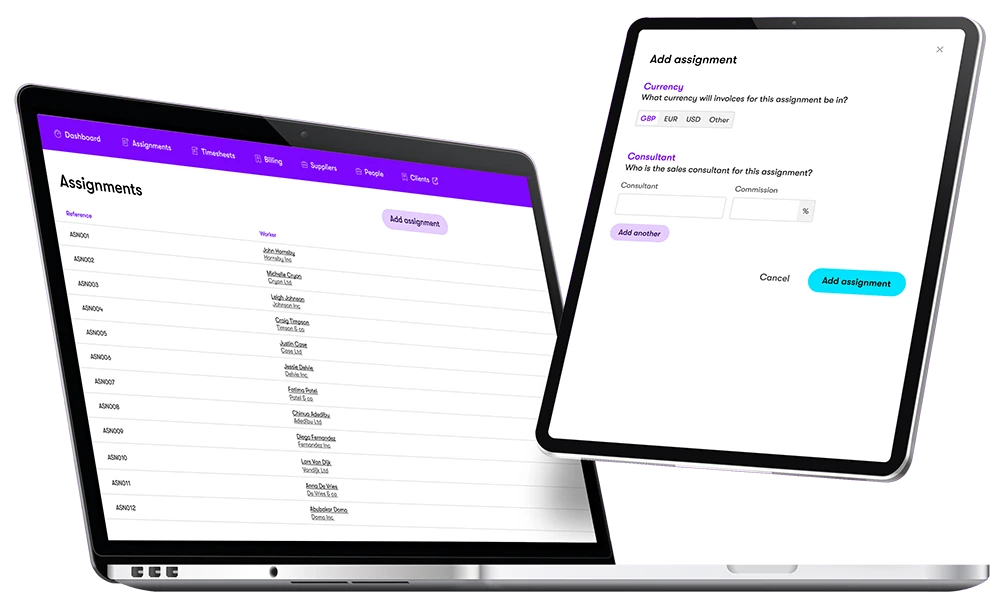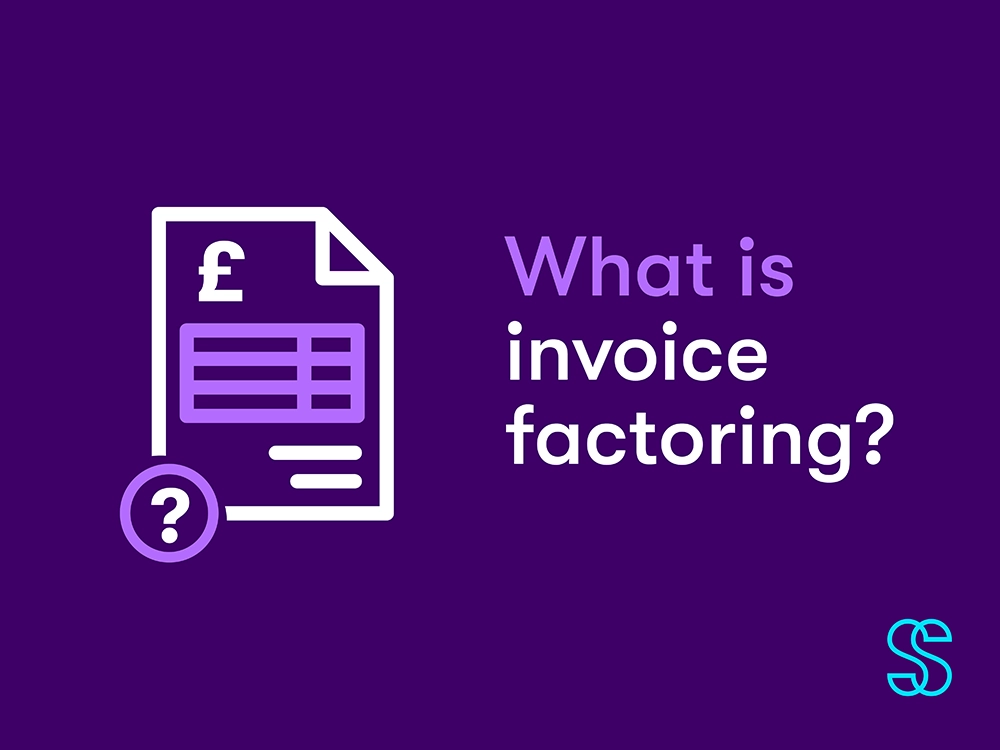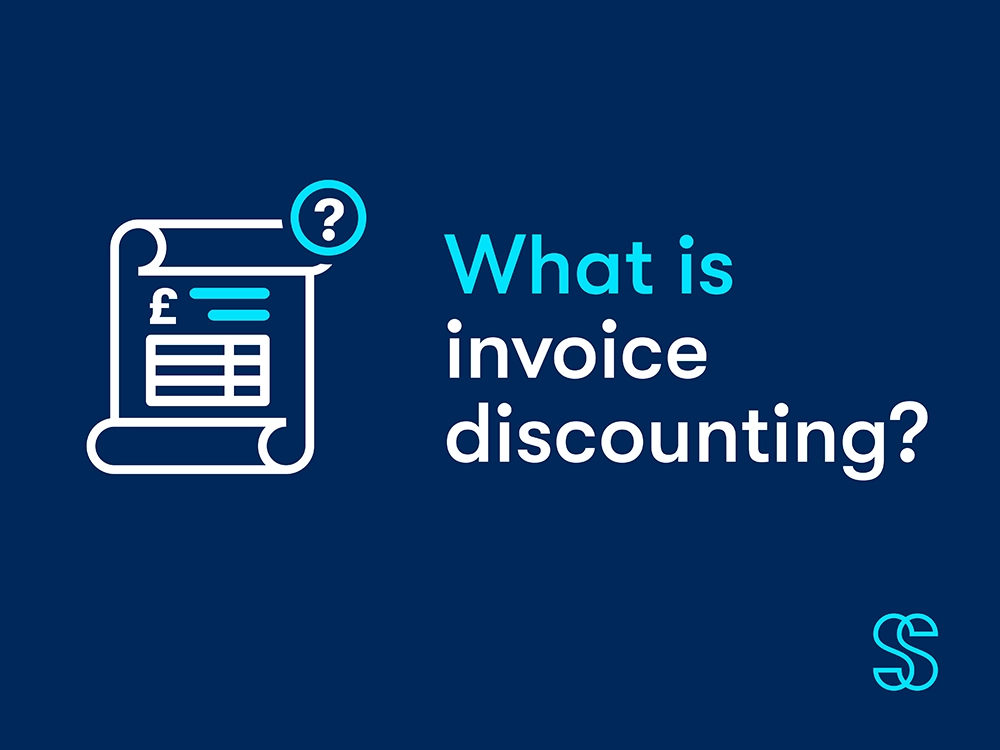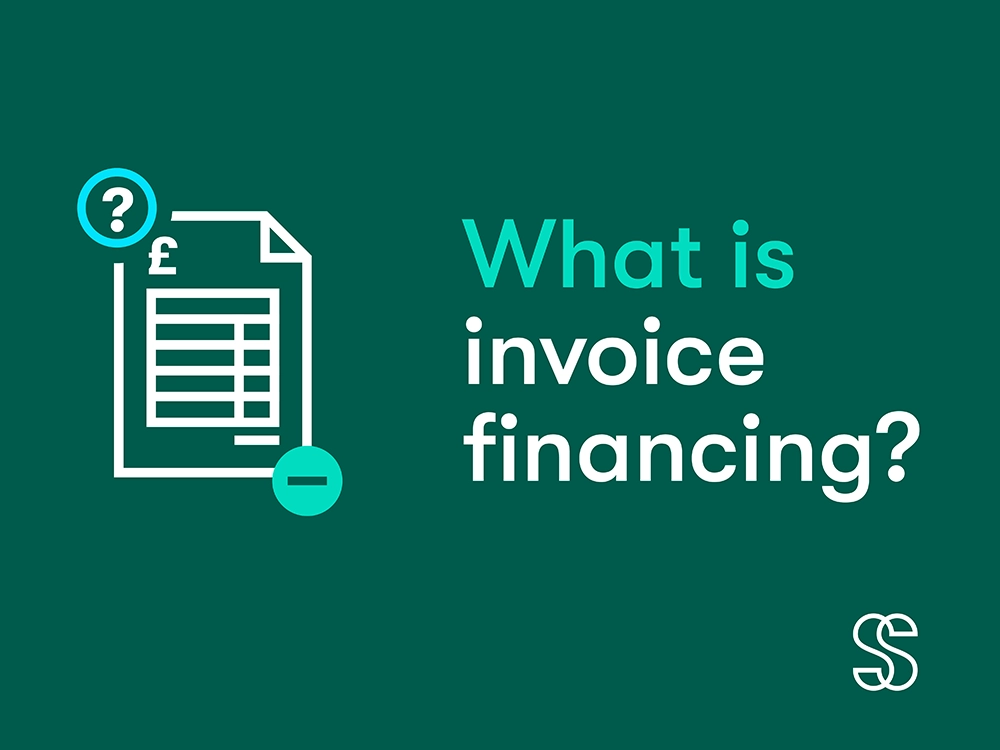For recruitment agencies, consultancies & labour marketplaces
Invoice finance
An invoice finance service allows lenders to purchase unpaid invoices from businesses that need an advance on their payments.
A business invoice finance facility gives instant access to funds and reduces potential cash flow issues in exchange for a financing fee.






